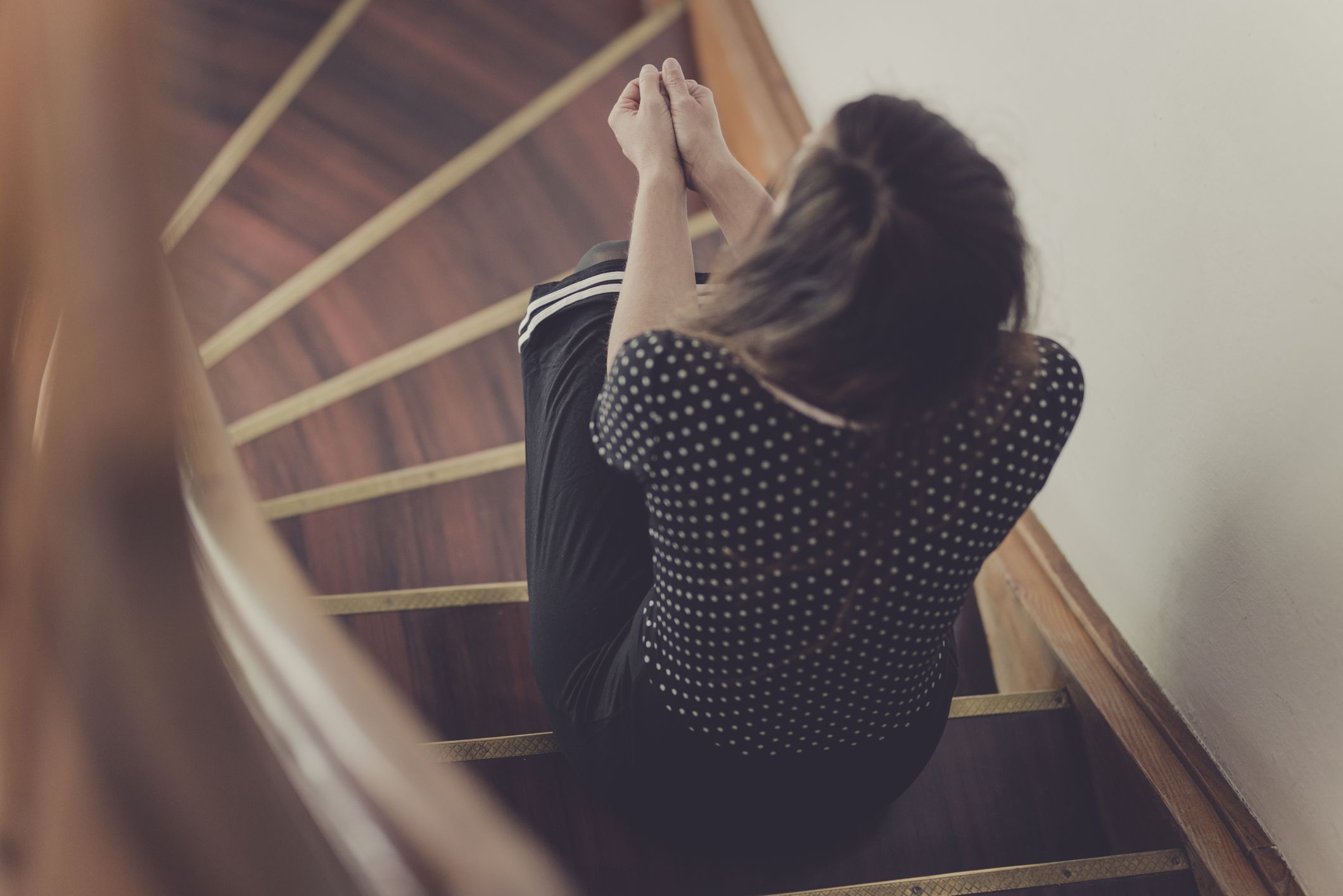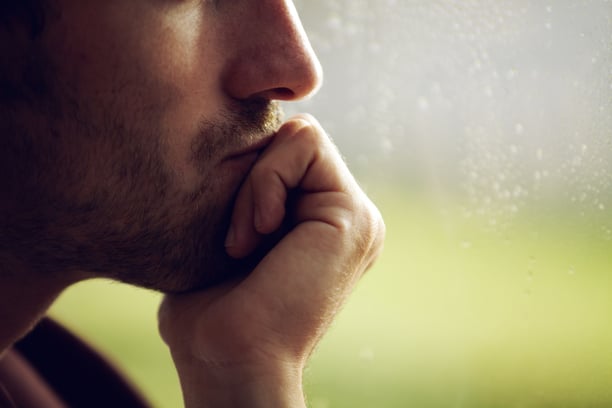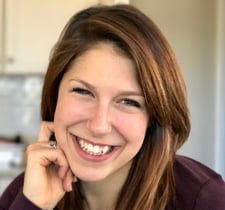Loneliness and hunger—they are two of the most powerful and intertwined natural instincts. These two sensations are powerhouses in the human body and brain, controlling everything from our sleep to libido, productivity, immunity, muscle development, and cognitive abilities.
“Now I know what loneliness is, I think. Momentary loneliness, anyway. It comes from a vague core of the self ― like a disease of the blood, dispersed throughout the body so that one cannot locate the matrix, the spot of contagion.”
―Sylvia Plath, The Unabridged Journals of Sylvia Plath
Related reading time: 4 minutes

Heartmanity is proud to partner with outstanding companies that we wholeheartedly recommend so this post may contain affiliate links. You can read our full disclosure here.
How to Cope with Loneliness
The above quote from Plath hits at the heart of the issue: loneliness impacts the body in a visceral and perplexing way. When we can’t “locate the matrix” of our sadness, it’s so easy to just put it in our bellies.
You feel empty—eating can fix that. You need to fill a void—food fills you up. You need a distraction—focus on food.
I think my eating disorder began even before I moved away from home. Maybe the apprehension of change and loneliness had already planted the seed in my brain...or my belly. After nearly a decade of therapy, it still takes effort for me to discern between brain, belly, and feelings.
That is a human issue.
Loneliness is an emotional hunger inside.
Food is offered up nearly everywhere as a vehicle for power, satisfaction, and love. From hipsters Instagramming their opulent brunches to the tradition of sharing a meal with your family—eating goes hand-in-hand with our human connection.
The connection between hunger and loneliness is not just a social construct, though; it is hard-wired into our anatomy and our brains. Pleasure centers in the brain respond to emotional satisfaction and a good meal very similarly. Pain centers are triggered by both social snubs and intense hunger.
For more on the neuroscience behind loneliness, you can read about the landmark study of neglected children in a Romanian orphanage or neuroscientist Matthew Lieberman’s book Social, which explains that our need to connect is as fundamental as our need for food and water.
My first round of therapy taught me that an eating disorder is a brain disorder.
 When you deny your brain the necessary nutrition, it can't function in a normal way. The brain and body are so deprived that your human instincts will seek to take over, and you often feel an intense desire to fill this void in your body.
When you deny your brain the necessary nutrition, it can't function in a normal way. The brain and body are so deprived that your human instincts will seek to take over, and you often feel an intense desire to fill this void in your body.
For me, I was working so hard to suppress feelings of hunger that my brain cried out for help in other ways. I felt the need to be overly social, connecting with other people in order to compensate for not connecting with myself. I felt compelled to buy things to fill a void inside me. I overexerted myself at work or doing long hours of yoga classes to achieve satisfaction.
But it was never enough. I always felt empty.
The brain mixes up isolation and hunger, hunger and loneliness.
Solving this situation isn't easy. Finding our way through a lonely hunger is a constant challenge.
“...It comes from a vague core of the self…”
Like so many things, this natural human struggle takes us to the core of ourselves. True nurturance of self requires us to feel deeply and look inward with compassion. Self-acceptance, emotional intelligence, and patience are key.
If you'd like support and new skills to love yourself more, contact Heartmanity at support@heartmanity.com.








